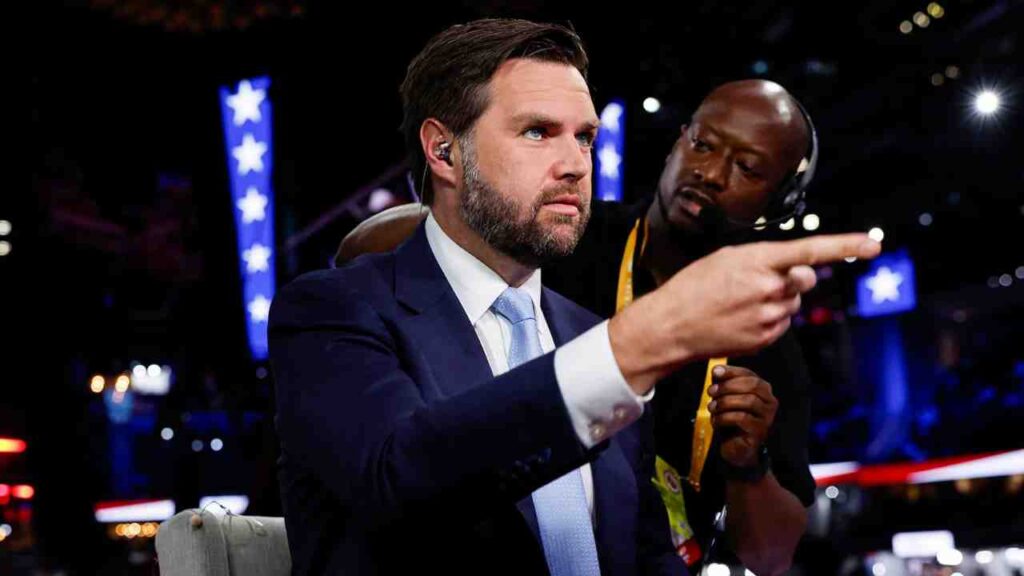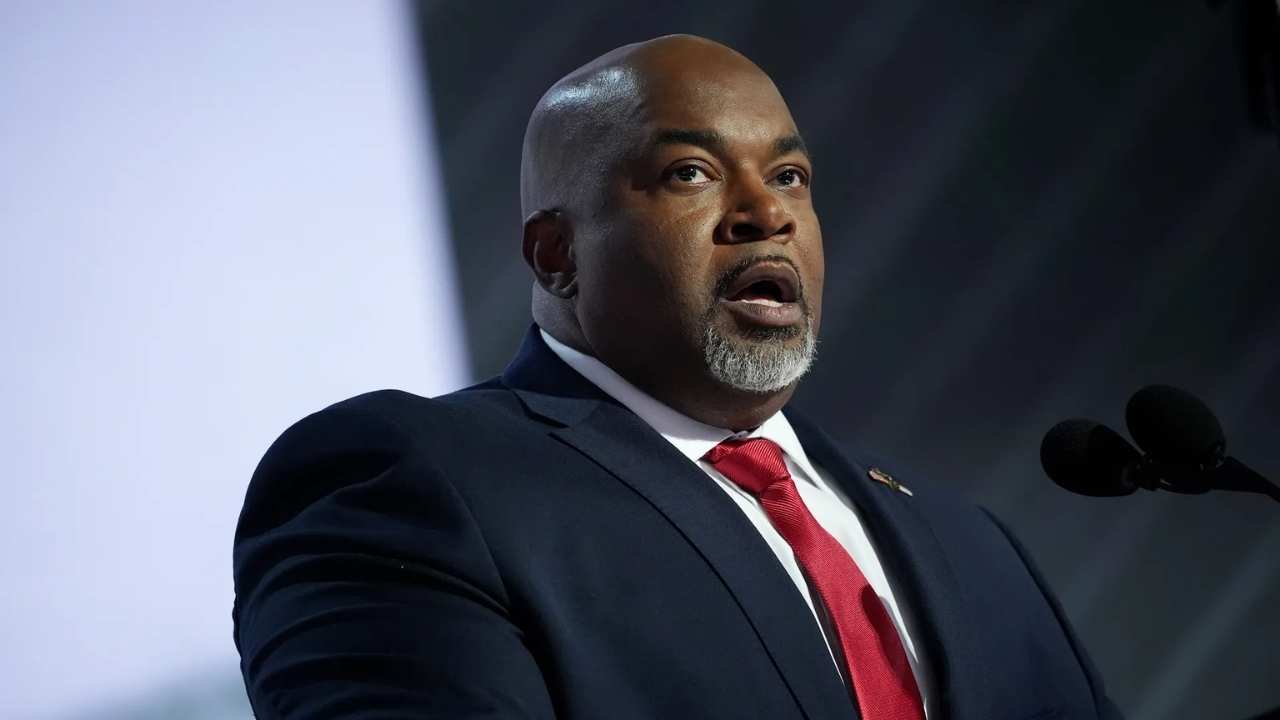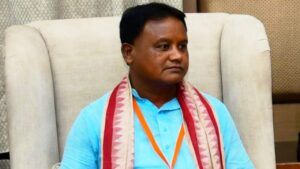JD Vance Abortion Remarks: A Controversial Take on Family Values
JD Vance, the Republican Senator from Ohio and Donald Trump’s vice-presidential pick, has recently ignited a firestorm of controversy with his remarks on abortion and family values. Known for his staunchly conservative views, Vance has been accused of promoting misogynistic ideologies, particularly in his recent comments that seem to devalue women's autonomy and minimize the complexities of modern family dynamics.
Misogynistic Undertones in Vance's Abortion Stance
Vance’s views on abortion are rooted in a strict anti-abortion stance, which he has expressed in various public forums. He opposes abortion even in cases of rape or incest, a position that has drawn widespread criticism. Vance’s remarks often emphasize the idea that women should carry pregnancies to term, regardless of circumstances. His recent comments, which he made during a discussion about his wife giving birth, have been interpreted as downplaying the challenges women face during pregnancy and reducing their role to mere childbearers. This perspective has been labeled as deeply misogynistic by critics who argue that it strips women of their autonomy and reduces their identities to that of mothers alone.
Vance’s approach to abortion is not just a personal belief but a political stance that he seeks to enforce through legislation. His alignment with Trump’s anti-abortion policies further amplifies his influence on the national stage, potentially affecting millions of women’s rights across the country.

The Issue of Violent Marriages and Family Stability
In addition to his views on abortion, Vance has sparked outrage with his comments on marriage, particularly his suggestion that women should stay in violent marriages for the sake of family stability. Drawing from his personal experiences and his memoir, "Hillbilly Elegy," Vance has often romanticized the notion of enduring marriages despite difficulties, including domestic violence. He has argued that the sexual revolution led to a decline in family stability by encouraging divorce, even in cases where staying together might be detrimental to the well-being of women and children.
Vance’s comments have been criticized for being out of touch with the realities faced by many women in abusive relationships. Advocates for domestic violence survivors argue that his stance is not only dangerous but also perpetuates harmful stereotypes that could discourage women from seeking help or leaving abusive situations.
A Backward-Looking Vision of Family
Vance’s broader views on family and gender roles are rooted in a conservative, and some might say regressive, vision of American society. He often speaks nostalgically about traditional family structures, where men are the breadwinners and women are homemakers. This perspective has been increasingly at odds with the evolving roles of women in the workforce and society. Critics argue that Vance’s vision of family is exclusionary and ignores the diverse ways in which families are formed and function in the modern world.
ALSO READ: Russian Ballerina Ksenia Karelina Sentenced to 12 Years
Moreover, Vance’s rhetoric often includes disparaging remarks about those who do not fit into his idealized version of family life. For example, he has previously referred to Democrats as "childless cat ladies," a comment that not only dismisses the value of women without children but also trivializes their contributions to society. Such remarks have been seen as part of a broader pattern of misogyny that underpins Vance’s political and social beliefs.
The Political Implications
Vance’s controversial views have significant political implications, especially as he stands beside Donald Trump in the 2024 election. His positions on abortion, marriage, and family could galvanize the conservative base but may also alienate moderate voters, particularly women, who find his views on these issues extreme and out of touch.
The backlash against Vance’s remarks highlights the ongoing cultural and political battles over women’s rights, family values, and the role of government in private lives. As the election season heats up, Vance’s statements will likely continue to be a flashpoint in the broader debate over the future direction of the country.
Conclusion
JD Vance’s recent remarks on abortion and family underscore a deeply conservative and often controversial worldview that has significant implications for American society. His positions challenge the progress made in women’s rights and gender equality, and his vision for the future may not resonate with a rapidly changing and diverse electorate. As he continues to rise in the political arena, Vance’s views will undoubtedly remain a topic of intense debate and scrutiny.
By taking a firm stance on these issues, Vance has positioned himself as a key figure in the ongoing cultural wars in the United States, but whether this will benefit or hinder his political ambitions remains to be seen.














1 comment